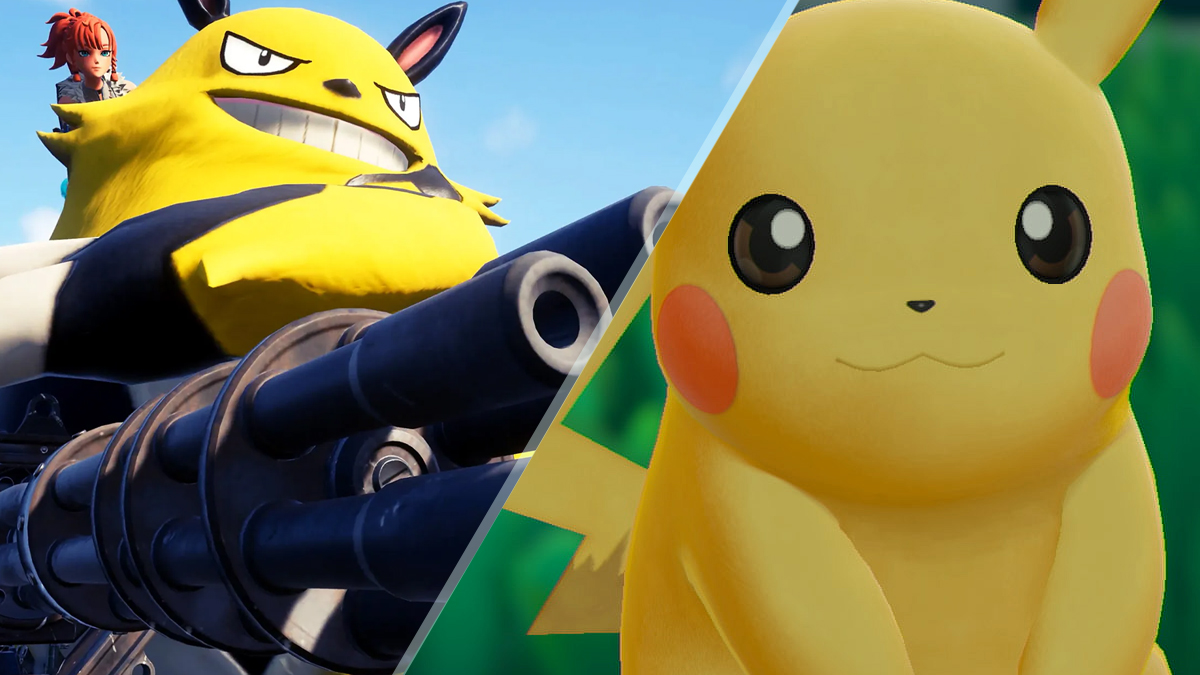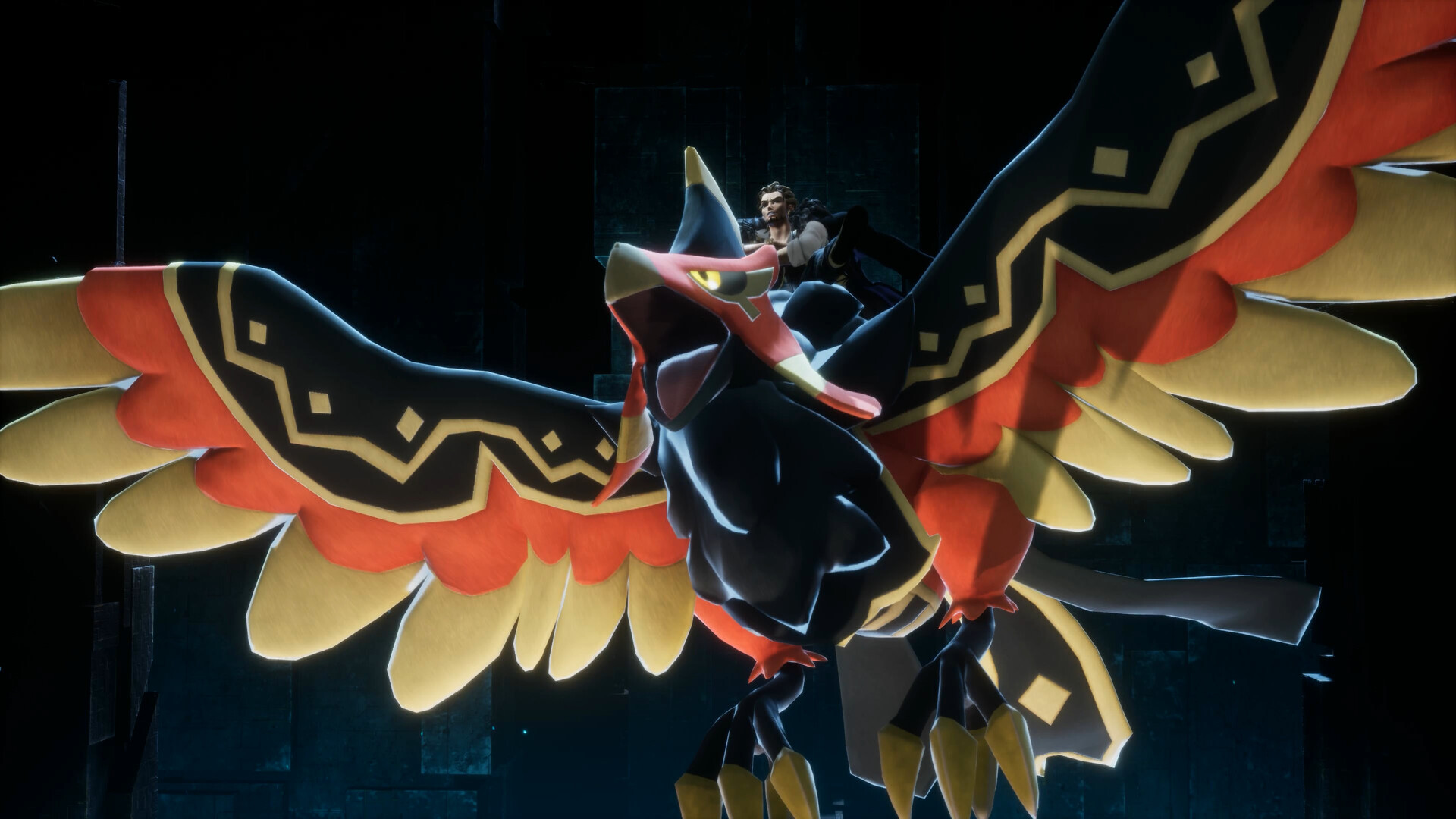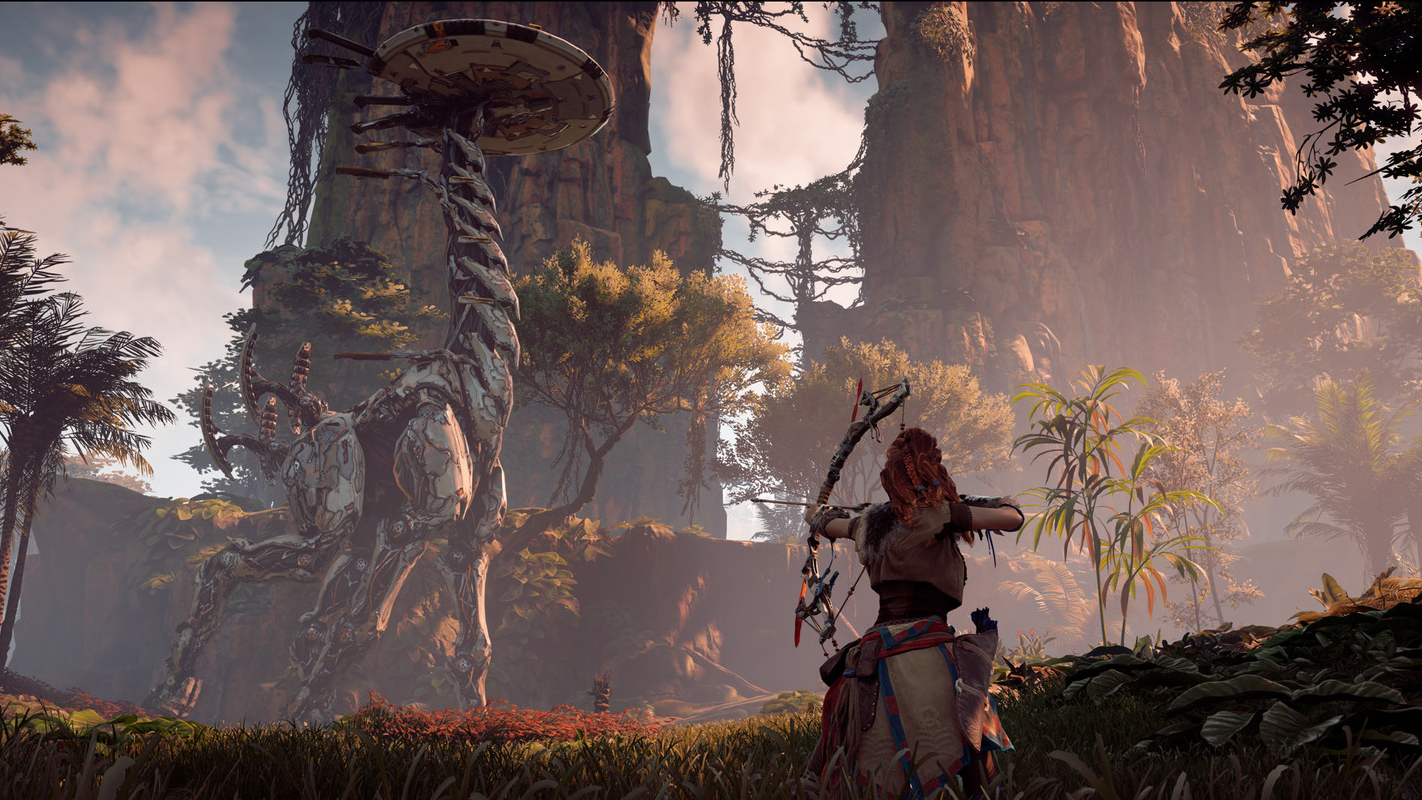
Over 8 million copies sold. A predicted $200 million in revenue. This is how much money Nintendo is leaving on the table by keeping the likes of Pokémon unnecessarily exclusive, and Palworld has the receipts to prove it.
But wait, before you throw your arms up in the air and curse me to a lifetime of stepping on LEGO bricks (I already go through enough of that with my nephew, thank you very much), I would like to emphasize the word “unnecessarily” in that sentence.
It would be unwise for Nintendo to just open all of its doors and bring every game to every system from day one. That could spell doom for Nintendo Switch (and Switch 2) sales.
However, I believe that there could be a very small sweet spot — when the war of attrition has been won and the console maker has printed enough money in hardware sales — where maybe a tightly-controlled launch on PC (only) isn’t the worst idea in the world. Allow me to explain, dear reader.
Nintendo, be a pal(world)?

It’s created an interesting debate here at Tom’s Guide towers, and to be perfectly frank, there’s no right or wrong answer here. “Doesn’t it sort of prove the opposite?” AI Editor, Ryan Morrison, asked. “If there is such a high demand, then being exclusive to Nintendo devices is a big driver towards the hardware.”
Computing Editor, Dave Meikleham, went one step further and said Nintendo would be “crackers” to start making its legendary IPs third-party. “You’d have an Xbox Series X situation where Microsoft has essentially made its own hardware irrelevant because its games can be played on PC or through other means.” And to shore up that resistance, Senior Deals Editor, Rory Mellon, called it a “hell of a selling point” to be the exclusive home of some of the best games in the business.
You know what? They’re all right. I completely get that a brand with such high recognition remaining exclusive to the hardware will mean people keep flocking back to buy it — I'd be a fool to even try to find an argument against that.
Palworld has proved there's an audience who would love to pick up a Nintendo game but will stop just short of buying a console to do it"
But while that audience who will buy the system for its exclusives is a big one (did I mention that the company is basically printing money at this point?), Palworld proved that there is potentially an even bigger audience in the hypothetical periphery who would love to pick up a Nintendo game but will stop just short of buying a console to do it.
I mean look at what happened here. Scroll back up and remind yourselves of those sales numbers, and take a look at the rife levels of Nintendo game emulation on other devices like Steam Deck. People are thirsty for a Pokémon experience no matter what they play on — to the point that they’ve picked a game that is probably about to disappear in the chaos of a developer being sued into the center of the Earth for infringing intellectual property rights.
So, what’s the answer? I know the relationship between Nintendo and Sony is probably a fraught one, which started with the former's seemingly surprising cancellation of a CD-based console built in partnership (which led to the birth of PlayStation), but there is a big lesson to learn from the latter’s successful string of PC releases.
Straight out of PlayStation’s playbook

I mean look at what happened with so-called PlayStation exclusives. Sony hasn’t just proven that there are diminishing returns to hoarding exclusives for life, the company has breathed new life into titles like Marvel’s Spider-Man, Horizon: Zero Dawn and God of War. There's also The Last of Us Part I, but that brings back painful memories of Joel’s massive slugs for eyebrows in the broken state of its launch. Although mercifully, the PC port has been massively improved over the last year thanks to a series of patches.
PlayStation found that giving first-party titles their time in the console-exclusive sun, then doing a tightly controlled PC launch, doesn’t need to compromise brand perception"
But jokes about brow games aside, PlayStation found that after giving a first-party title its time in the console-exclusive sun for 3-4 years, a tightly controlled PC launch doesn’t compromise its brand perception, and neither does it erode interest in buying the console for more. In fact, it may do the opposite, with PC gamers getting a taste of PS first party titles and turning to the box for more (the PS5 outsold Xbox Series consoles 3-to-1 in 2023, afterall).
Yes, there may be other reasons driving Palworld’s popularity — one common running narrative is Game Freak shouldn’t have released the bug-ridden mess with Pokémon Scarlet and Violet. But that’s not even what we’re talking about anymore. Think what you want about Pokémon with guns, but I believe it should be treated as the wake-up call Nintendo needs to think about a better long-term plan around its titles.
By all means, sit on your first-party IPs for a while — even years. It’s the lifeforce of console sales. But several years after launch, however it's judged internally (total console sales or just an arbitrary amount of time), there comes a time in my opinion where it makes sense for Nintendo to revisit its iconic critters and give them a rebirth on PC. That way, you can hoover up that $200+ million for yourself and keep your IP protected, rather than having to set your lawyers on others.
OK, now you can curse me to a lifetime of getting to the McDonald's drive-thru, only to find out the milkshake machine is broken.







